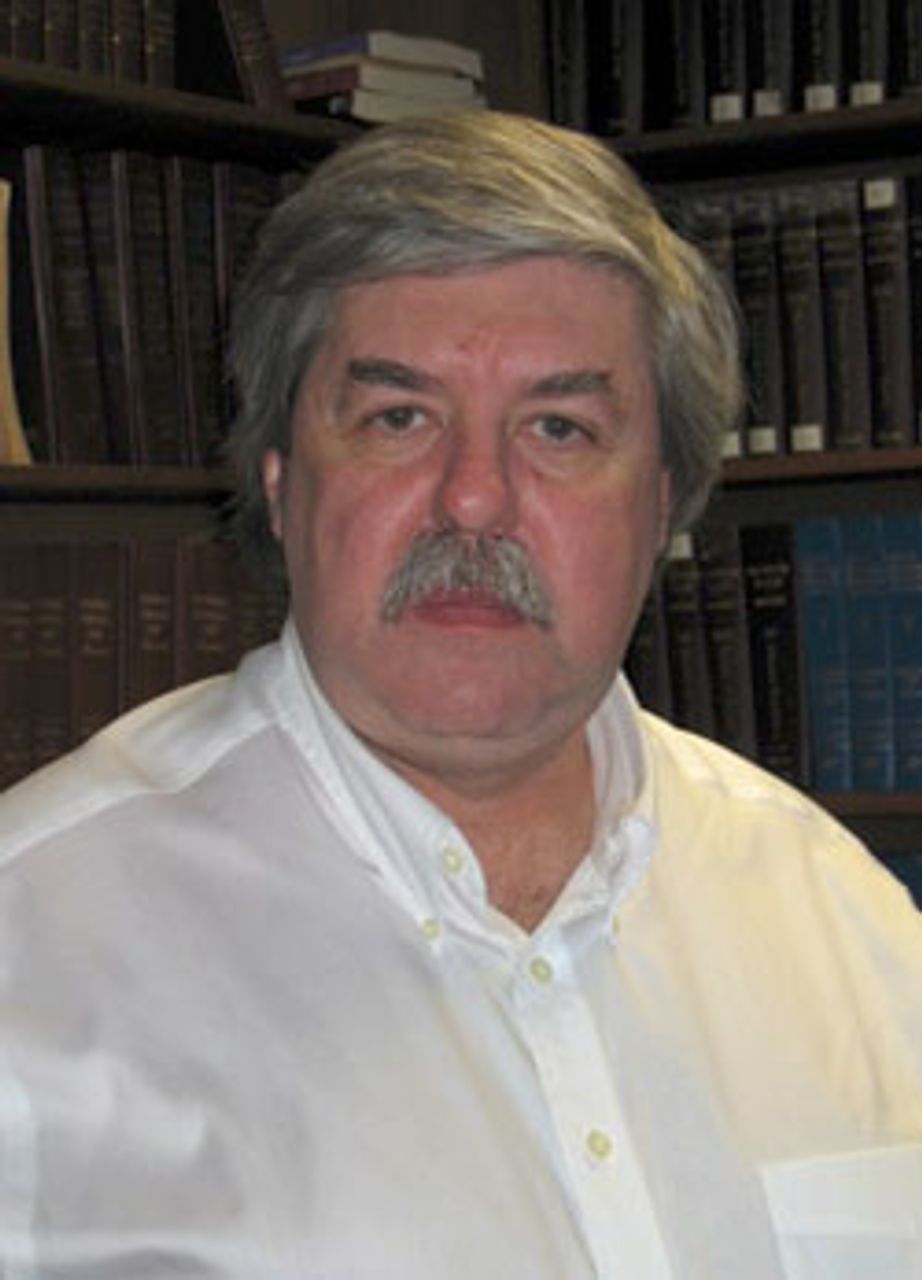Ted Phillips, executive director of United Community Housing Coalition, is scheduled to testify this Saturday in Detroit at the Citizens Inquiry into the Dexter Avenue Fire.
 Ted Phillips
Ted PhillipsThe United Community Housing Coalition is a nonprofit comprehensive housing organization that has serviced low-income residents in Detroit since 1973.
Phillips, an attorney who specializes in real estate law, said the organization does a lot of work advocating for residents with landlord problems, including those facing evictions. He said that many of the people he sees also have problems with their utility bills.
When we raised with him the problems faced by Sylvia Young, the mother who lost three children in a house fire in Detroit on March 2, or the Allen brothers who died in a fire on Dexter Avenue, he said, “We see this all the time. People just don’t have the money to pay.” Phillips added that DTE doesn’t give people with shut-off utilities much of a break.
Phillips said that in the last few years his organization had branched out to addressing tax foreclosures, which have jumped more than 500 percent in the last seven years. “This is the worst we have ever seen; it is absolutely horrible,” stated Phillips.
He explained that in 2002 there were 1,600 cases of people in Detroit facing tax foreclosure. By 2009 that number had jumped to 8,400 cases, primarily consisting of people who are in the court process and in danger of losing their homes due to back taxes.
“Most people owe between $500 and $2,000, but many owe less,” Phillips said. “The majority of these houses do not have mortgages, but people have fallen behind in their taxes because of poverty.” The majority of the cases are of people who owe taxes for at least three years. “If you haven’t paid your taxes since 2007 you could lose your house.”
Phillips explained that the taxes go to the city government, but the city has an arrangement with the county government to collect the taxes once they become delinquent. The county government then goes after people to collect the back taxes.
“The county government was also allowed to charge an additional 18 percent on the taxes,” he said, at a rate of 1.5 percent a month. “It’s actually worse than that,” he said, “because the amount you owe goes up each month and the additional charge is added to the increased monthly bill as it is accumulating.”
This is happening, he said, because “People don’t have the money. People are really poor,” and most people don’t know that if you are on low income you can get an exemption. “And the city does a poor job of getting the information out to people.”
Asked about the growth of homelessness, Phillips said, “It is my sense that there has been a huge growth of homelessness.” There are large numbers of people in transition from being homeowners to tenants. “But more and more we are seeing cases where people go from being homeowners to becoming homeless,” he added. “This is the first time I have seen this. People are now going from their homes into a shelter. The poorest layers are being hit the hardest.”
Phillips recounted the case of a client who had been asked by a lender, “Have you tried a pawn broker?”
“Can you imagine that? It has become really bad for working people. Because of the unemployment they have gone from a middle income living standard, cashed in their 401(k)s, raided the kids’ education fund and now there is nothing left.
“It’s a terrible thing when you have one-third of the population with utility issues. Thousands of people are living without lights, water or gas.”
For more information on the Citizens Inquiry into the Dexter Avenue fire, click here.
